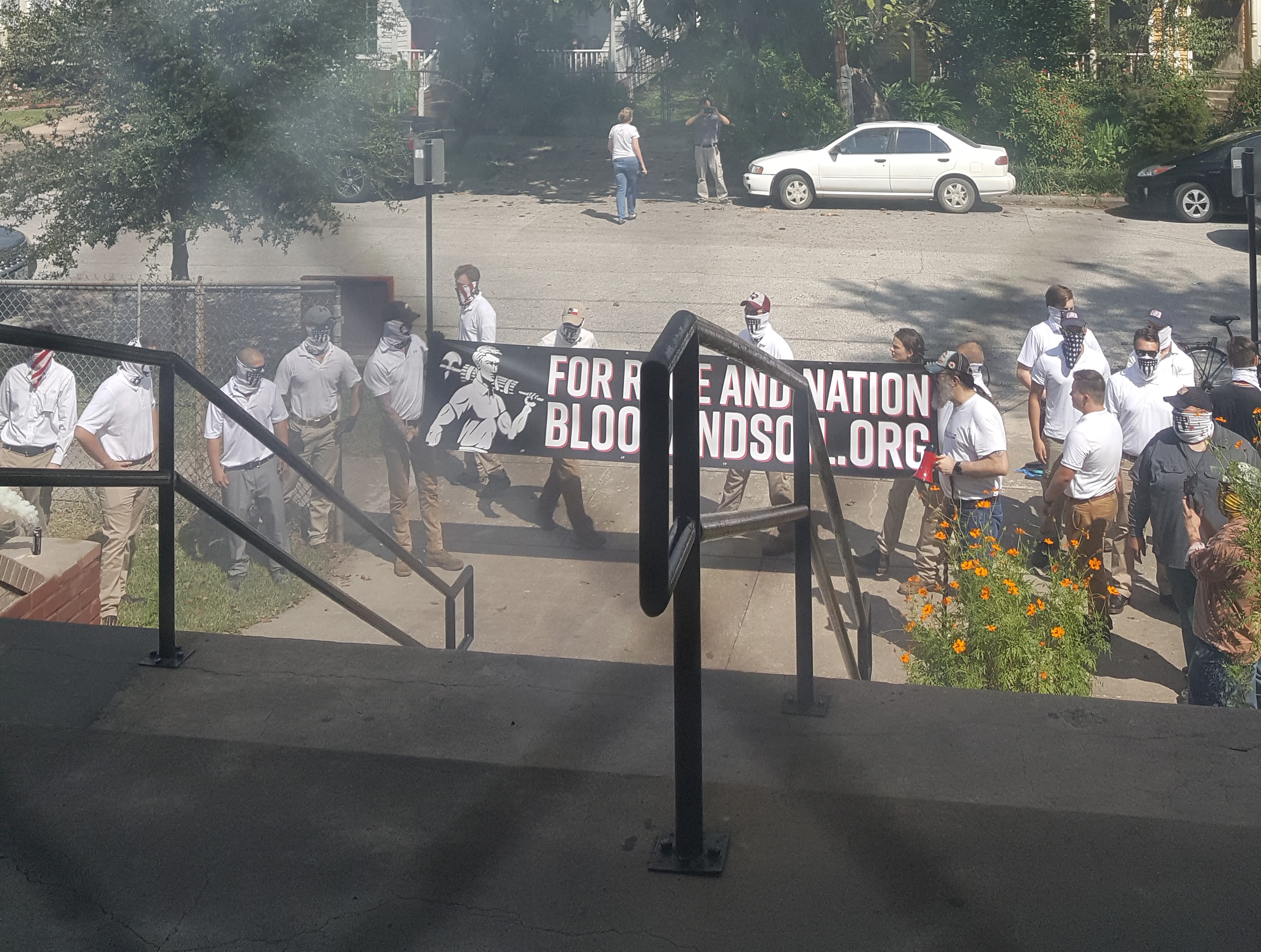With all the leftist bickering, in-fighting, both-siding, my anti-war prayers are bigger than yours bullshit, it seemed like a good time to highlight a leftist success story — particularly as it takes place in a bastion of right wingdom and frequent contributor and gonzo journalist Kit O’Connell was there to document it.
So yes — the Lone Star State is perhaps the last place where many of us would expect to see a broad coalition of left leaning groups successfully fight off the hateful Republican agenda. But that’s what just happened during a recent “special session” of the Texas legislature.
Special sessions are a loophole written into the Texas Constitution to allow the state government to conduct emergency business, but in this case the only emergency was that Gov. Greg Abbott had failed to oppress transgender people by passing a version of the so-called “bathroom bill” during the first part of the year. The Governor drew up a 20-point plan of hate for his month-long session, ranging from an attack on public workers’ unions, a pile of new restrictions on abortion, the bathroom bill, and even a bill that undermined the ability of cities to collect taxes to fund social services.
Then, to the surprise of even the people involved in the organizing to resist Abbott, activists working together across issues managed to fight off all but a handful of Abbott’s proposals, in an extraordinary display of the effectiveness of intersectional activism against seemingly insurmountable odds. At a time when some of our fundamental rights are under attack, the success of activists in one of the most politically conservative of states should give us all renewed faith in the power of movement building.




